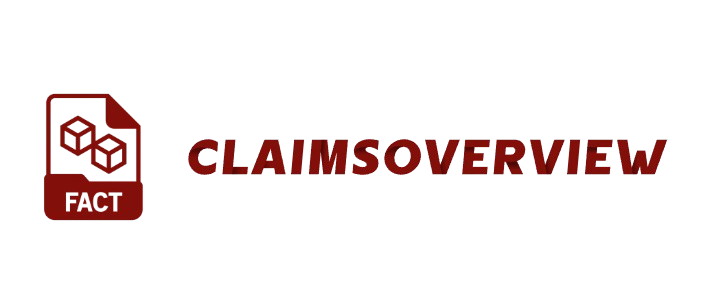An accident can turn your life upside down in an instant. One moment, everything feels normal, and the next, you’re dealing with medical bills, pain, and the stress of recovery. You know the accident wasn’t your fault, but proving that in a legal claim is a different challenge altogether.
That’s where evidence comes in. Without solid proof, even the most deserving claims can fall apart.
A personal injury lawyer will use evidence to build a strong case on your behalf. Every document, photo, and witness statement plays a role in showing what happened and who should be held responsible.
If the evidence is weak or missing, insurance companies will have an easier time denying your claim or offering a low settlement. In such instances, it helps to visit Bentley & More LLP to understand how to deal with them.
Here are the reasons why evidence is vital in a personal injury claim.
Establishing Liability
For a personal injury claim to succeed, you must prove that someone else’s negligence caused your injury. This isn’t always as simple as it sounds. In many cases, the other party or their insurance company will try to shift the blame onto you. This is where strong evidence makes all the difference.

Photos of the accident scene, surveillance footage, and police reports can help establish what actually happened. If you were injured in a car accident, for example, traffic camera footage or skid mark analysis can show how the crash occurred. In slip-and-fall cases, pictures of a wet floor or a broken staircase can demonstrate the hazardous conditions that led to your injury.
Proving the Extent of Your Injuries
Even if you can prove the accident wasn’t your fault, that’s only part of the battle. You also need to show how badly you were injured and how those injuries have affected your life. Without medical records, doctor’s notes, and treatment receipts, it becomes much harder to prove the true impact of your injuries.
Insurance companies often try to downplay injury claims. They may argue that you’re exaggerating your pain or that your injuries were pre-existing. But with clear medical documentation, these arguments hold less weight. If you have ongoing treatment, physical therapy records and prescription receipts can further strengthen your case.
Strengthening Negotiations with Insurance Companies
Insurance companies don’t pay out settlements easily. Their goal is to minimize payouts and protect their bottom line. If you don’t have enough evidence, they may delay your claim, offer a low settlement, or even deny it altogether.
However, when you present solid evidence, it gives your lawyer leverage during negotiations. Detailed accident reports, medical bills, and testimony from witnesses or medical professionals can make it harder for insurance companies to argue against your claim. The stronger your evidence, the more likely you are to receive fair compensation.
Witness Statements and Expert Testimonies
Sometimes, an injury claim comes down to one person’s word against another’s. In these cases, witness statements can be incredibly valuable. If someone saw the accident happen, their account could confirm details that support your version of events.

Expert testimonies also play a key role. A medical expert can explain the severity of your injuries, while an accident reconstruction specialist can analyze how the incident occurred. These professional opinions add credibility to your claim and help paint a clearer picture of what really happened.
Conclusion
A personal injury claim is only as strong as the evidence supporting it. Whether it’s proving who was at fault, documenting injuries, or negotiating with insurance companies, every piece of proof matters. The stronger your evidence, the better your chances of receiving fair compensation.
This is why gathering evidence should start as soon as possible. Photos, medical records, witness statements—everything counts. Consult a skilled lawyer if you’re ever in doubt about what evidence you need.

